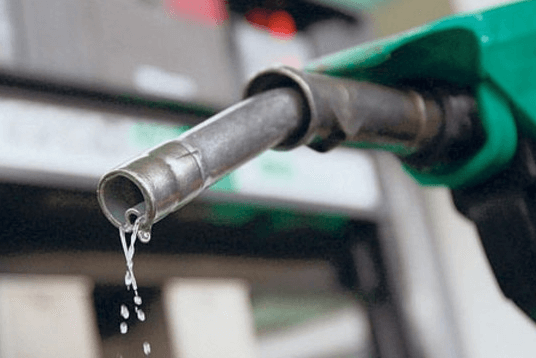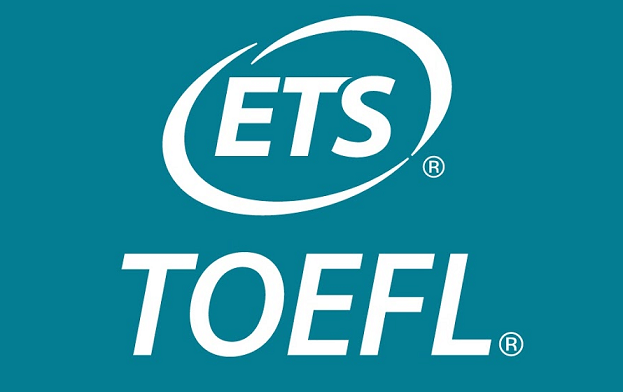Nigeria is the sixth largest exporter of petroleum in the world. Naturally, petroleum should be an important product for the country. In fact, one commodity that can easily define Nigeria’s economy is petrol.
Any change in the price of petrol can affect the nation’s micro and macroeconomic indices in a very big way. Its primary state, crude oil, is the mainstay of the nation’s economy.
But the nation has had a long and turbulent journey with its oil industry. This has also led to fluctuations in the price of petrol over the years.
What is known is that due to the many uses petrol has, any increase will definitely affect the people. Here, we will take a look at the current price of Petrol in Nigeria and also consider the evolution of the prices over the years.

Current Price of Petrol in Nigeria
On July 18, 2023, the Nigerian National Petroleum Company Limited (NNPCL) announced the newly reviewed pump prices of petrol across the country following the removal of subsidy on the commodity.
Here are the current prices of petrol across the country:
- Presently, the official pump price of petrol (PMS) in Nigeria is N617.
- However, due to logistics and other factors that vary by location, the commodity presently goes for prices ranging from N600 to N700 per litre across the country.
- The over-the-country average price of petrol is presently N630 per litre.
Common Uses of Petrol in Nigeria
Petrol is, perhaps, the most used commodity in Nigeria. Some of its uses include;
- Fuel for Vehicles/Motorbikes
This is the most common use of petroleum across the globe. It is the same in Nigeria. Whether for cars, SUVs, buses, motorbikes and so on, petrol is an unavoidable necessity (at least until we begin to have electric cars in the country). Until then, we’ll continue to find automobiles of all kinds at filling stations across the country.
- Fuel for Power Generators
The Up NEPA syndrome is still a Nigerian phenomenon and will probably be for many years to come. This scarcity of electricity from the national grid and the resultant blackout common in the country has led to the proliferation of generators in many homes in Nigeria. For now, these generators need petrol and, in some cases, diesel to work. Therefore, the price of petrol will be a concern for such generator users.
- Fuel for Pump Machines
Another area where petroleum is used massively in Nigeria is among vulcanizers and those who use different kinds of pump machines. Vulcanising is a major business activity among the lower class in Nigeria. Definitely, there is a lot of attention and focus on the price of petrol, especially among these people.
- Petrol for Industry
There are several industries in Nigeria that produce goods which have petroleum as a primary component. Jellies, pomades, and Vaselines are good examples of this. There are also glue-making industries that require petroleum in their production processes. The cost of petroleum will definitely be a cause for concern for such people.
Petrol Price in Nigeria: Historical Changes
It is on record that in the late 1960s and early 1970s, the price of a litre of fuel was between 6k and 9k. Between that time and now, petrol price in Nigeria has increased tremendously. Here is a brief history of petrol prices in Nigeria;
- Gowon – from 6k to 8.45k
- Murtala Murtala – from 8.45k to 9k
- Obasanjo – from 9k to 15.3k
- Shagari – from 15.3k to 20k
- Buhari – from 20k to 20k (Price remains the same)
- Babangida – from 20k to 39.5k
- Babangida – from 39.5k to 42k
- Babangida – from 42k to 60k (Private Vehicles)
- Babangida – from 60k to 70k
- Shonekan – from 70k to N5 (Naira)
- Abacha – from N5 to N3.25k (Price drops)
- Abacha – from N3.25k to N15
- Abacha – from N15 to N11 (Price drops)
- Abubakar – from N11 to N25
- Abubakar – from N25 to N20 (Price drops)
- Obasanjo – from N20 to N30
- Obasanjo – from N30 to N22 (Price drops)
- Obasanjo – from N22 to N26
- Obasanjo – from N26 to N42
- Obasanjo – from N42 to N50
- Obasanjo – from N50 to N65
- Obasanjo – from N65 to N75
- Yar’Adua – from N75 to N65 (Price drops)
- Jonathan – (New year present) N141
- Jonathan – (After labor strike) N97
- Jonathan – (As Feb, 2015 Election approaches) N87
- Buhari – from N87 to N165 (Present price)
The above history chain is a scary reality. It is incredible how the price of petrol per liter has increased in Nigeria within the space of 50 years
Thoughts on the Price of Petrol in Nigeria
In his anger at the inflating price of petroleum in the country, the corruption it has brought about and the seemingly neglect of other sectors occasioned by its boom, Wole Soyinka said;
I am convinced that Nigeria would have been a more highly developed country without the oil. I wished we’d never smelled the fumes of petroleum. — Wole Soyinka
The country has always had one vision or the other. The general belief is that until the country stops importing refined petroleum, it may never break free from the shackles of fluctuating petroleum prices. Unless Nigeria begins to refine all of its petroleum needs within the country and open up the sector so that the market forces determine the price, she may never be able to solve the problem.
The present administration has dished out its own promises. Recently, the Vice President said;
Our vision is for a country that grows what it eats and produces what it consumes. It is for a country that no longer has to import petroleum products and develop a lucrative petrochemical industry. — Yemi Osinbajo
Final Thoughts
Despite interference with drilling and transportation activities in the Niger Delta, especially with reference to pipeline vandalization, crude oil production in the country still hovers around 2.25 million barrels per day. While this is an exciting number, there is need to build on capacity, cater for security challenges, and create a market that supports the ordinary buyer.






Very insightful, kindly include AGO DIESEL info i.e
. STS UPSTREAM
. TANKER TAKE OVER
. TANKFARM DELIVERY
. DEPOTS PRICES
. LICENSED DEALERS
Other derivatives information would be duly appreciated
Well done dear editor
Only Jonathan missing the “From” (initial Values). Was this a mistake or willful?
They must try as possible to renovate our reffernary,so that we will be able to enjoy our product in nigeria.
Nigeria has become a country that is used as a tool for corruption.A right thinking leaders should build a workable refineries so the people can enjoy lower price rate.